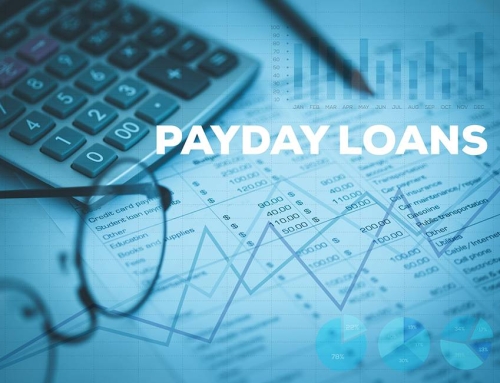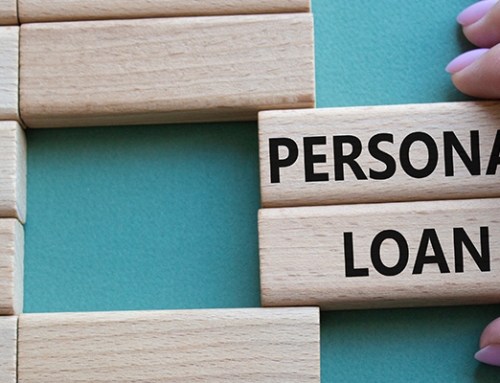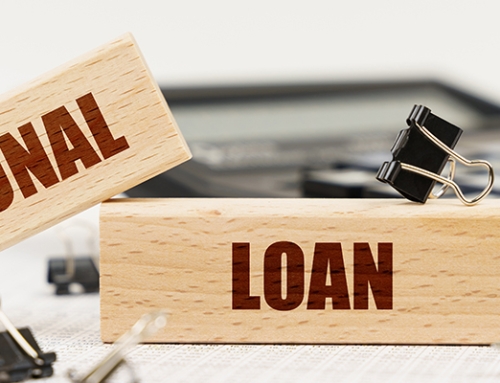A personal loan is a flexible way to handle big expenses, such as medical bills, school fees, or home repairs in Singapore. The key is understanding how the monthly payments and interest can shape your spending, savings, and long-term plans. We’ll show you how a loan today affects your finances tomorrow—and how knowing this early can empower better decisions.
How Personal Loans Influence Your Long-Term Financial Goals
When unexpected expenses arise, many people in Singapore turn to personal loans for a bit of extra support. This can be a helpful solution in the short term, but it’s also a good idea to think about how taking a loan might affect your plans for saving, investing, or reaching big life goals in the future.
- When you take out a personal loan, you’ll need to set aside money for monthly payments. This might leave you with a bit less to save each month, which could make it trickier to invest in your future goals, like building wealth or starting a business.
- Having a personal loan might mean you have less money available for big dreams, like buying a home, paying for college, or starting a family. Paying off the loan could delay these milestones or make you adjust your plans a little.
- Taking on a personal loan adds to your total debt, which lenders look at when you apply for things like a home loan. If you miss payments, your credit score can drop, which might make it harder to borrow money in the future. But with good planning, you can avoid these issues and keep your financial health strong.
When you’re applying for a personal loan, it helps to look beyond just the short-term needs. By considering the long-term effects, you can make choices that support your goals and help you feel confident about your financial future.
Strategic Uses of Personal Loans That Can Benefit Your Financial Future
Making thoughtful money choices early on can set you up for even better results later. A personal loan isn’t just for emergencies—it can also be a friendly tool to help you reach goals that are important to you, as long as you use it carefully and with a clear plan.
- You might use a personal loan to expand a small business—maybe by buying new equipment or bringing in more staff to help your business thrive. Or, you could put the money towards further studies, like taking a new tech course to open up more job opportunities.
- If you have several high-interest debts, a personal loan can help you combine them into a single, easy-to-manage payment. This can lower the total interest you pay and help you stay on track with your repayments.
- A personal loan can also come in handy for home upgrades, like fixing the roof or giving your kitchen a new look. These improvements not only boost your property’s value but also make your home a more comfortable place to live.
Not every personal loan leads to more debt. With a clear plan and thoughtful approach, a personal loan can help you build something special for your future.
Risks and Challenges of Personal Loans Over Time
Some financial tools can be a little tricky to manage over the long run. While a personal loan might solve short-term problems, it could also bring challenges in the future if not handled with care. By learning about possible risks, you’ll be better equipped to stay in control of your finances and make positive choices.
- A longer personal loan might feel easier on your monthly budget since the payments are smaller, but keep in mind that it usually means paying more interest overall. This can make the total cost of the loan higher, so it’s good to weigh your options before deciding.
- If you miss a personal loan payment or have trouble sticking to your repayment plan, your credit score could take a hit. A lower credit score might make it tougher to borrow money later on or get the best loan terms. Staying organized and making payments on time will help keep your credit score healthy.
- When you take out a personal loan, it increases your overall debt, and lenders consider this when you apply for larger loans. In Singapore, banks use the Total Debt Servicing Ratio (TDSR) to calculate how much you can borrow. If you already have significant personal loan debt, it may be more challenging to qualify for a bigger loan later, so it’s wise to factor this in when planning your finances.
A little planning goes a long way when it comes to personal loans. By understanding the long-term effects, you can avoid financial stress and keep your future goals on track.
Planning and Repayment Strategies for Financial Stability
Keeping your finances on track starts with having a clear plan, especially when it comes to personal loans. Building good habits and using a few smart strategies can help you handle your loan with confidence and avoid long-term debt.
- Before taking a personal loan, think about how you’ll repay the money each month. Having a clear plan helps you make payments on time and keeps your loan from becoming a bigger worry down the road.
- Personal loans show up on your credit report, so it’s a good idea to check it now and then. Paying on time can boost your credit score and give you better chances if you need another loan in the future.
- Try to use personal loans just for important things, not for extra shopping or non-essential spending. Borrowing more than you need can make it tougher to pay back and add to your debt.
With a little planning, a personal loan can be a helpful tool instead of a burden. By making thoughtful choices and building good repayment habits, you can use a personal loan to support your financial stability.
Building a Strong Financial Foundation Amidst Loan Obligations
Having a personal loan doesn’t mean you have to give up on your financial stability. With a few good habits, you can stay on track and keep building a solid financial foundation, even while managing your loan.
- It’s always a good idea to put aside a little money for emergencies, even while you’re paying off your personal loan. Having a small savings buffer can save you from extra stress—and extra borrowing—if something unexpected pops up.
- A personal loan can be a great way to support important goals. Just make sure borrowing doesn’t get in the way of your bigger dreams, such as owning your own place or starting a business.
- Try to use personal loans as a helpful tool to solve a problem, not as a habit for everyday spending. Depending on loans too often can lead to long-term debt and make it harder to manage your money with confidence.
Taking care of your personal loan is just one step in smart money management. With a bit of planning, your loan can support your goals while you keep building a bright financial future.
Conclusion
A personal loan can be a helpful way to pay for things like education, starting a business, or handling debt. Just remember, there are some risks too, like higher interest and extra stress if payments are missed. Taking time to weigh the pros and cons—and choosing a licensed, trusted lender like Hup Hoe Credit—can help you make the best choice for your needs.
With a bit of planning and the right support, such as guidance from Hup Hoe Credit, a personal loan can be a helpful tool for your long-term goals. Borrow wisely today, and you’ll be setting yourself up for a brighter financial future.






